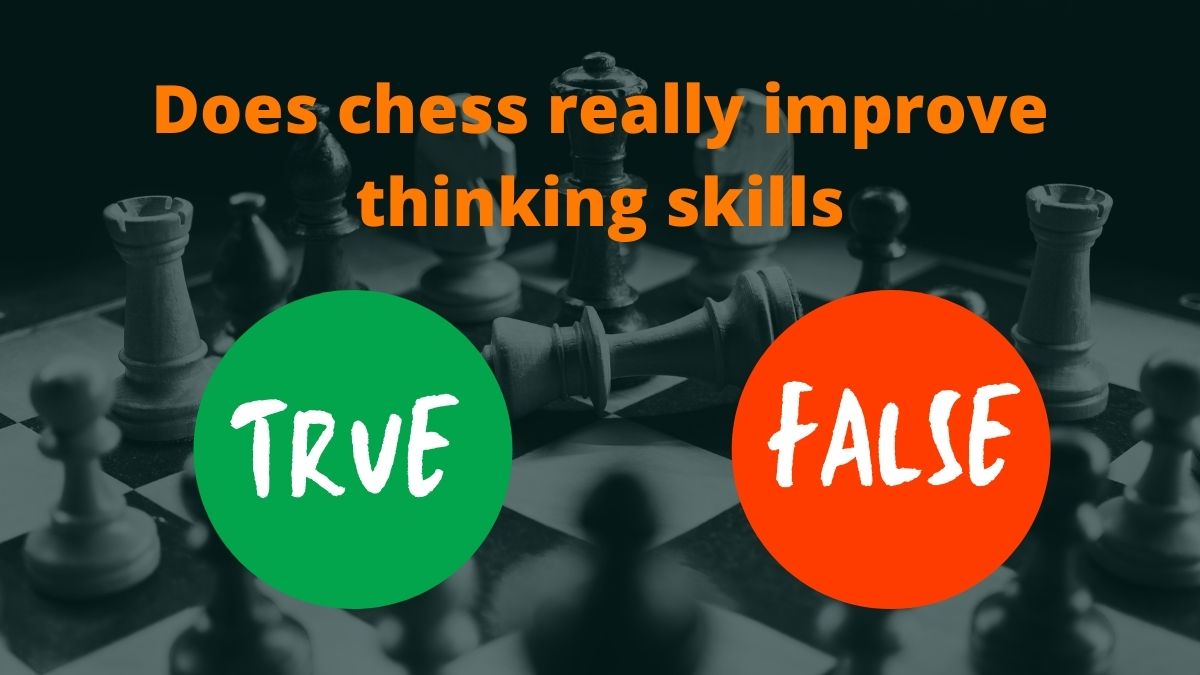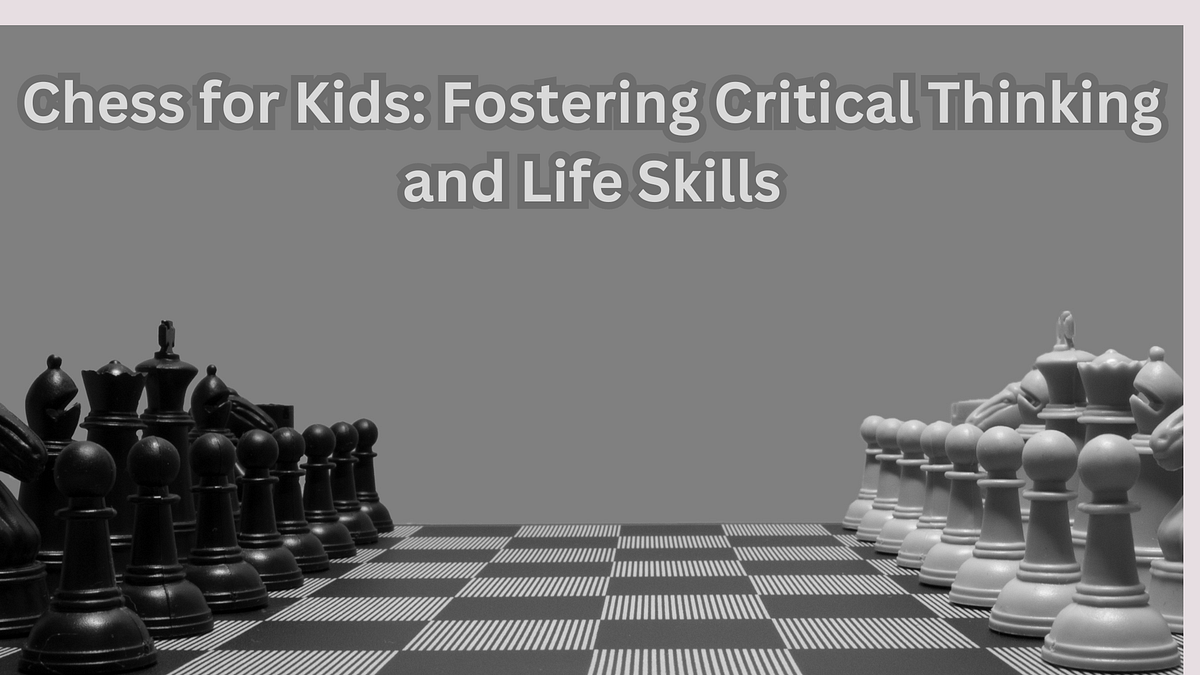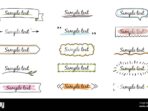How Playing Chess Can Improve Your Critical Thinking Skills is a fascinating exploration of how this timeless game sharpens our minds. Chess isn’t just a pastime; it’s a mental workout that enhances our ability to analyze situations, make decisions, and think ahead. By engaging in this strategic battle of wits, players can cultivate skills that transcend the chessboard, influencing a variety of aspects in their daily lives and interactions.
As we dive deeper into the mechanics of chess, we’ll uncover how its complex strategies and tactical maneuvers encourage players to evaluate risks and foresee consequences, ultimately leading to improved problem-solving abilities. This article will shed light on the cognitive benefits of chess, revealing just how critical thinking can be honed through the art of play.
Welcome to the fascinating world of vintage vinyl records! If you’re a music lover, a collector, or simply curious about the resurgence of vinyl, you’re in for a treat. Vinyl records have made a remarkable comeback in recent years, capturing the hearts of both seasoned audiophiles and new listeners alike. In this post, we’ll explore the rich history of vinyl, its unique sound quality, and why it continues to thrive in a digital age, all while keeping it engaging and easy to understand.
### A Brief History of Vinyl Records
Vinyl records have been around since the late 19th century. The first commercially successful format was the shellac record, made from a mixture of natural shellac and other materials. These records were fragile and limited in playtime, usually holding only a few minutes of audio on each side. In the 1940s, the music industry transitioned to vinyl, which was more durable and allowed for longer playtimes. The 33 1/3 RPM long-playing (LP) records and the 45 RPM singles became the dominant formats, revolutionizing how music was consumed.
As the years rolled on, vinyl became synonymous with the music experience. Artists poured their creativity into album artwork, and the physical act of flipping through records at a store became a cherished ritual. However, as technology advanced, the rise of cassette tapes, CDs, and digital downloads pushed vinyl to the sidelines. By the late 1980s and 1990s, vinyl was often seen as a relic of the past, overshadowed by the convenience of digital formats.
### The Vinyl Revival
Fast forward to the early 2000s, and we began to witness a vinyl renaissance. Several factors contributed to this revival. First and foremost, there was a growing disenchantment with the quality of compressed digital audio formats. Music lovers began to yearn for the rich, warm sound of analog recordings that vinyl provides. Unlike digital formats, which can lose audio fidelity during compression, vinyl captures the full range of music, delivering a listening experience that many describe as more immersive.
Moreover, as technology advanced, production processes became more refined. Modern vinyl pressing plants utilize high-quality materials and sophisticated techniques that result in records with superior sound quality and durability. This resurgence was not just about the sound; it also tied into a deeper appreciation for the tangible aspect of music. Owning a vinyl record is more than just possessing audio; it’s about having a piece of art you can hold, display, and cherish.
### The Joy of Collecting Vinyl
Collecting vinyl records has become a beloved hobby for many. The thrill of hunting for rare finds at thrift shops, garage sales, or record stores is unparalleled. Each record has a story, whether it’s a classic album from your favorite band or an obscure release that sparks your curiosity. Collectors often spend hours digging through crates of vinyl, searching for hidden gems.
Additionally, record stores are experiencing a renaissance of their own. They have transformed into community hubs where music lovers gather, share recommendations, and connect with like-minded individuals. Many stores host events, including live performances, vinyl listening parties, and even artist signings, fostering a sense of camaraderie among fans.
### The Auditory Experience: What Makes Vinyl Unique
Listening to vinyl is an experience like no other. If you’ve ever dropped the needle on a record, you probably remember the anticipation as the stylus gently touches the grooves, releasing that warm, nostalgic sound. It’s a tactile and sensory experience that digital formats can’t replicate. The physical act of handling records, from carefully placing them on a turntable to flipping them over, adds a layer of engagement that enhances your connection with the music.
Moreover, vinyl records often contain more dynamic range than their digital counterparts. This means that the subtle nuances of a song can be more apparent, allowing listeners to appreciate details they might miss in a compressed audio file. Many audiophiles argue that the imperfections inherent in vinyl add character and depth to the music, creating a listening experience that feels more authentic.
### Vinyl in the Digital Age
In today’s fast-paced digital world, you might wonder how vinyl has managed to hold its ground. The answer lies in its unique appeal. While streaming services and digital downloads offer convenience, they lack the tangible, immersive experience that vinyl provides. Many artists have embraced vinyl as part of their artistic expression, releasing limited edition pressings with exclusive artwork and bonus tracks.
Furthermore, vinyl sales have steadily increased year after year, with statistics showing that more records are being sold than CDs in recent years. Even major retailers now dedicate sections to vinyl, recognizing its cultural significance and popularity. Vinyl records are not just nostalgic artifacts; they are a thriving part of the music industry, bridging the gap between past and present.
### Tips for Getting Started with Vinyl
If you’re intrigued by the world of vinyl and want to start your own collection, here are a few tips to get you started:
1. Invest in a Quality Turntable: A good turntable can significantly enhance your listening experience. Look for one that suits your budget and has positive reviews.
2. Choose Your Records Wisely: Start with albums that resonate with you. Whether it’s classic rock, jazz, hip-hop, or indie, choose genres or artists you love.
3. Explore Record Stores: Visit local record shops to discover new music and connect with fellow enthusiasts. Don’t hesitate to ask for recommendations!
4. Take Care of Your Records: Keep your vinyl clean and store them vertically in a cool, dry place to prevent warping. Consider investing in a record cleaning kit for maintenance.
5. Join the Community: Engage with other collectors, either online or in person. There are many forums, social media groups, and events dedicated to vinyl enthusiasts.
### Conclusion
Vinyl records have carved out a unique niche in our digital world, offering a sensory experience that transcends mere audio. Their rich history, combined with a modern resurgence, makes them a captivating medium for music lovers. Whether you’re an experienced collector or a curious newbie, the world of vinyl awaits you with open arms. So go ahead, drop the needle, and let the music take you on a nostalgic journey. Happy listening!
Essential FAQs: How Playing Chess Can Improve Your Critical Thinking Skills
Can chess really improve my critical thinking skills?
Yes, studies have shown that playing chess enhances critical thinking by promoting strategic planning and problem-solving skills.
How often should I play chess to see improvements?

Regular practice, such as playing a few times a week, can significantly improve your critical thinking skills over time.
Is there a specific age to start playing chess for cognitive benefits?
While chess can be beneficial at any age, starting young can help develop critical thinking skills more effectively.
What are some strategies to enhance my chess skills?

Studying openings, practicing tactics, and analyzing past games can help you enhance both your chess and critical thinking skills.
Does playing chess help in other areas of life?
Absolutely! The skills learned in chess, such as decision-making and foresight, are applicable to various life situations and challenges.




